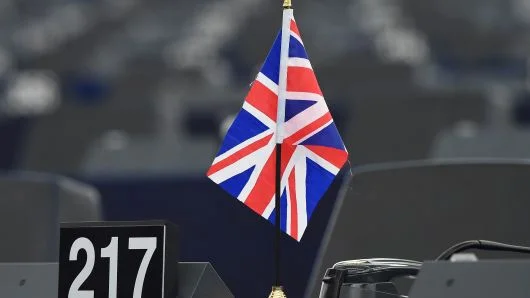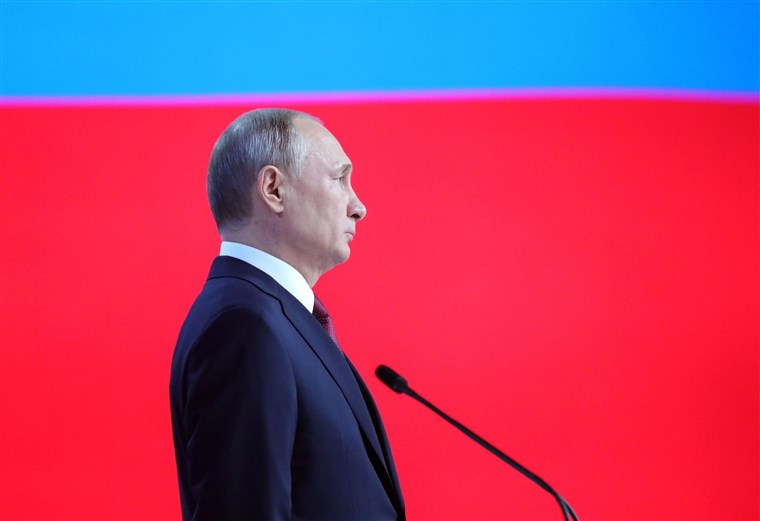Two Challenges Facing EU Parliamentary Elections By Phillip Howard
The European Union will conduct parliamentary elections in May. The elections will be held “on the cusp of a profound shake-up” as “long-time populists are poised to disrupt the parliament” while “a new wave of little-noticed transnational parties is also emerging from the bottom up.” Both endanger party norms that have dominated EU politics. Two immediate challenges involve the United Kingdom and Russia.
Photo by Frederick Florin/AFP
The UK may be in a position to elect new MP’s to the EU Parliament following a recent vote to delay Brexit. UK’s Electoral Commission has not begun contingency planning for European elections, though it is possible the Brexit deadline may be extended to the summer. European Council President Donald Tusk expressed willingness to support this delay, which would involve requesting an extension under Article 50 of the Lisbon Treaty.
If the UK holds EU elections, “it is likely that those MEPs would only serve for a maximum of two years,” explained Catherine Barnard, a professor of EU law at the University of Cambridge. Alternatively, existing MEPs to have their terms extended. All options prompt legal debate, given the unprecedented situation.
“Europe may be on the verge of a more transnational form of democracy—one that is polarized around very basic pro- and anti-EU positions.”
A second challenge is the prospect of Russian meddling. The Estonian Foreign Intelligence Service has warned that Russia is very likely to interfere in the EU elections. Mikk Marran, Director of the Estonian spy agency, stated that “the issue of influence activities deserves particular attention this year.”
Bigger member states, including Germany, France, and Italy, are considered particular targets, given their comparatively larger share of seats. EU Parliament members serve five year terms.
Photo by Mikhail Klimentyev
The European Parliament denounced Russian disinformation campaigns and cyber-attacks that “aimed at increasing tensions within the EU and its member states.” Russia is no longer considered a strategic partner as the EU has intensified efforts to strengthen electoral security, including tripling funding for the EU’s East Stratcome Task Force, formed to combat Russian election meddling, to total of $3 million Euro this year.
Phillip Howard is a graduate student at Utica College







